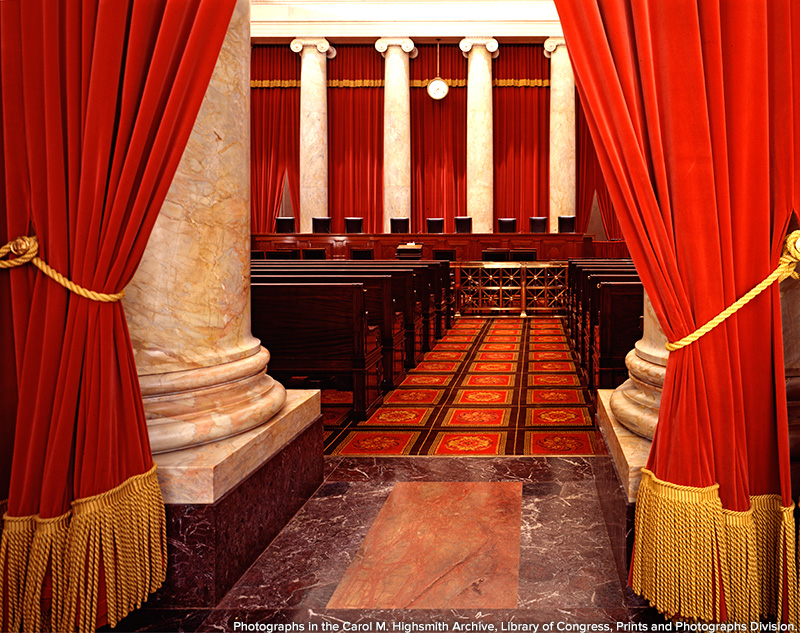
Justice Breyer Announces Retirement
In the past few years, the United States has seen several changes to the Supreme Court. Justices Antonin Scalia and Ruth Bader Ginsberg both passed away during the Trump administration, and Justice Anthony Kennedy retired. They were replaced by Justices Neil Gorsuch, Brett Kavanaugh, and Amy Coney Barrett. Now, the Biden administration has the chance to appoint a new Supreme Court justice to replace Justice Stephen Breyer, who recently announced his plan to retire. Breyer will step down from the Court this summer after more than two decades of service.
Justice Breyer’s Time on the Court
Breyer was appointed to the Supreme Court by President Bill Clinton in 1994. He might have joined the Court a year earlier, but Clinton chose Ruth Bader Ginsburg to fill a vacancy that year. Breyer has demonstrated in his years of legal opinions that he evaluates the intent behind the Constitution and weighs carefully what the practical effects of laws will be upon the nation’s citizens. President Biden spoke publicly on January 27, 2022, to thank Justice Breyer for his years of service. Biden remembered that during the 1994 Senate nomination hearing, Breyer stated that “The law must work for [the] people.”
Breyer wrote an opinion in the case Glossip v. Gross (2015) dissenting against an Oklahoma death penalty case. The plaintiff said that the drugs did not do an adequate job of preventing pain during the injection administration and failed the laws protection against “cruel and unusual punishment.” The Court’s conservative majority overruled this argument and upheld the continued use of the drugs. Breyer’s dissent was, in part, a statement against the continuing use of the death penalty.
Recently, Breyer wrote the majority opinion for Mahonoy Area School District v. B.L. (2021). This case was about the punishment of a student who wrote vulgar messages on social media while off campus. Breyer denied the school the right to infringe upon the student’s free speech because, in this case, the school was not sufficiently affected by the social media use off school property.
Who Decides?
Unlike presidents and legislators, Supreme Court justices have no term limits: they serve for life (or until they choose to retire). The Constitution establishes a nomination process that involves input from both the executive and legislative branches. First, the president nominates, or appoints, their chosen person. Then, the Senate votes on whether or not they approve of that nominee. If the majority votes “yes,” then that nominee is confirmed and becomes the next Supreme Court justice. The Supreme Court justices make important decisions on many legal issues over their time on the Court, so the selection process of a new justice is an important decision for the country.
Biden’s Nomination Promise
During his campaign for the presidency, Biden said that his first nominee would be an African American woman. Biden reinforced that promise when he spoke about Breyer’s retirement. In the history of the country, no African American woman has ever served on the Supreme Court. Those who support Biden’s campaign promise state that representation matters. They say that having an African American woman on the Supreme Court is long overdue. Some politicians disagree with Biden’s statement to nominate an African American woman and think that he should have not pledged to do that.
President Biden has not publicly shared any short list of names that he is considering for the position. The president is receiving advice from scholars and lawyers around the country and from members of both the Democratic and the Republican Party as he makes his choice. President Biden plans to announce that choice by the end of February. The new Supreme Court term begins on October 3, 2022.


